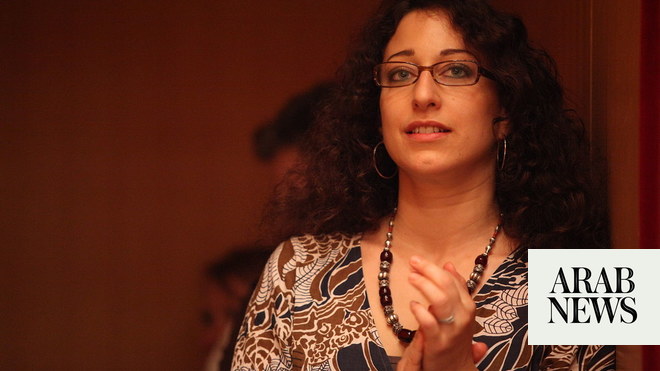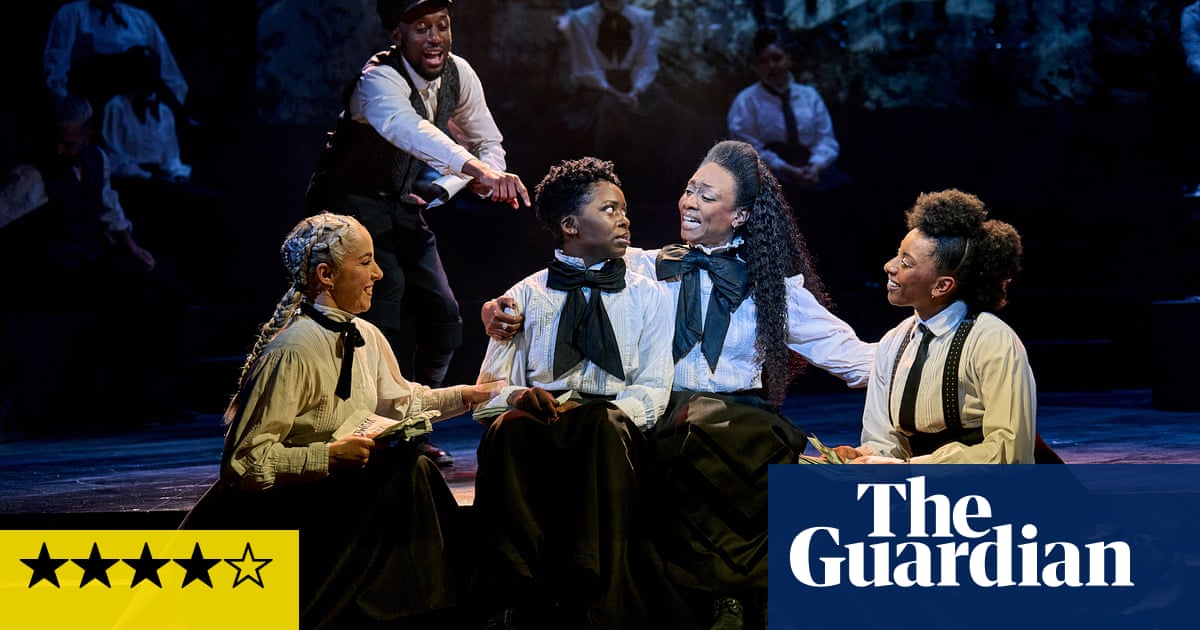
CANNES: It is a director’s dream to walk the red carpet at the Cannes Film Festival, but for French-Moroccan auteur Nabil Ayouch, this was hardly his first rodeo.
For the latest updates, follow us on Instagram @arabnews.lifestyle
Ayouch has been making films for over 25 years and has seen a number of his features screened at the prestigious French festival, most notably in the Un Certain Regard section.
He returned to La Croisette with a bang in 2021, with his latest film, “Casablanca Beats,” which was in competition for the prized Palme d’Or.
Ayouch’s seventh feature was inspired by an authentic cultural center in Sidi Moumen, a district on the outskirts of the Moroccan city, and recounts the story of young people who express themselves through hip-hop.
Did you expect to see ‘Casablanca Beats’ selected as part of the official competition?
I expected everything and nothing at the same time. I have been making movies and coming to Cannes for over 25 years, and it’s true, the official competition is the ultimate selection. This gives me great pleasure, and when I heard the news, I was a bit stunned. In fact, I have the impression that a loop has come full circle.
Can we say that this is the first Moroccan film in competition at Cannes for the Palme d’Or, or should we qualify it as a French-Moroccan film?
It depends on how you look at the movie. It is funded by both Morocco and France, but in its DNA, it is mainly Moroccan. Why? Because all the actors are Moroccan, and because I shot it entirely in Morocco and in Darija Maghribia (Moroccan dialect). So, for me, the film is Moroccan in its very essence. Indeed, today the cinema as a whole is and can only be international in its financing, but this is truly secondary. So yes, it is the first time, and it is a wonderful thing for the movie itself, for Moroccan cinema and for Morocco.
Your films shed light on social issues. Again, you are talking about young people who have chosen hip-hop to express themselves. Why did you choose this theme?
I already mentioned a loop that has come full circle because of a long journey that dates back to the end of the 1970s and beginning of the 1980s, when I was growing up in the Parisian suburbs of Sarcelles and learned to look at the world through the lens of a cultural center, the MJC (Youth and Cultural House), which back then was called the Forum des Cholettes. At this center, I learned tap dancing, theater and choir; I watched my first concerts, my first movies — Chaplin, Eisenstein. Years later, when I had the opportunity to give back what I was offered when I was young, I built, together with some friends, Les etoiles de Sidi Moumen, a cultural center within the Ali Zaoua foundation, and this is where I shot this film.
For years, I watched these youngsters. I thought they were beautiful, captivating and extremely talented, so I aspired to make a movie about them. I sat down with them in order to better understand their experiences and they just moved me to tears.
In your films, you often call on amateurs with no previous experience in cinema. Is it a question of credibility or of budget?
I like to discover young talents. For my first short film, “Les Pierres Bleues du Desert,” (The Blue Stones of the Desert), which I made when I was 21, I chose as the lead role a young Moroccan from the Parisian suburb of Trappes who had never acted in films before. He was 14 at the time. His name? Jamel Debbouze, and since then he has come a very long way.
I really believe that in Morocco talent is everywhere; I see it on the street, in cultural centers and in Moroccan society. Very often, most of these young people end up pursuing a career and, believe me, they’re not just budding actors, they are full-fledged performers in front of the camera. They give everything they have, and they do so with incredible accuracy and authenticity. I also enjoy the job of directing an actor in his first role. It is something quite unique on many levels; the discovery of the camera, it is really beautiful.
Your youth has inspired you a great deal. Why did you choose to make films in Morocco rather than France? Are there more stories to tell in Morocco?
I was born with multiple identities: Muslim and Moroccan from my father’s side; Jewish and French-Tunisian from my mother’s; and I attended a secular republican school in France. It’s about two worlds, two cultures, two social levels: One life in the Parisian suburbs, and another on while on vacation in Morocco with my father. It got all mixed up, and I immediately felt a lack in my Moroccan identity that never had the chance to explore. It was the cinema that allowed me to discover it.
With the opening of movie theaters and film production, Saudi Arabia wants to strengthen its presence in the regional and international film industry. Do you believe there should be more collaboration between Arab countries?
I can only rejoice at the fact that movie theaters are opening up, no matter where. Whether in Saudi Arabia or elsewhere, this is good news for the cinema. I hope this will help increase and develop South-South co-productions (greater cooperation between key players in the regional film industry). We would benefit a lot by sharing among us a common field of values, by developing ways of collaboration and co-productions, instead of automatically looking to other regions of the world.
I hope that the opening of these movie theaters and the dynamism that comes with the creation of the Red Sea Festival and other inspirations will allow this development.












